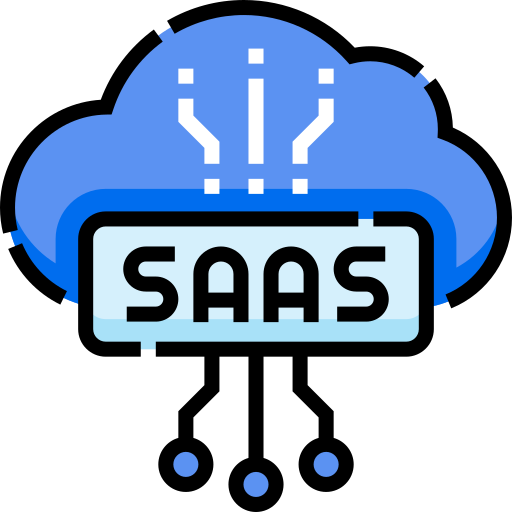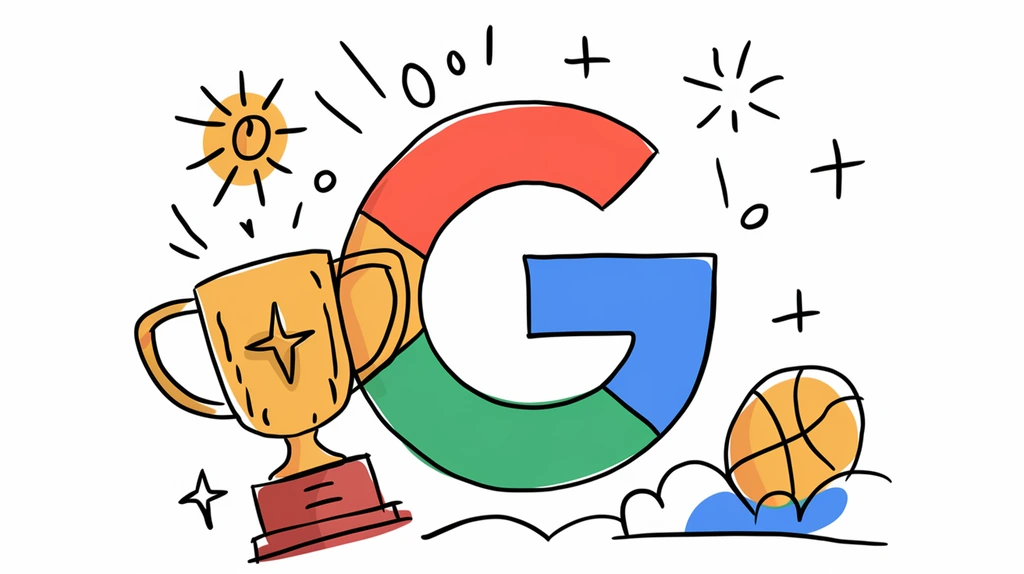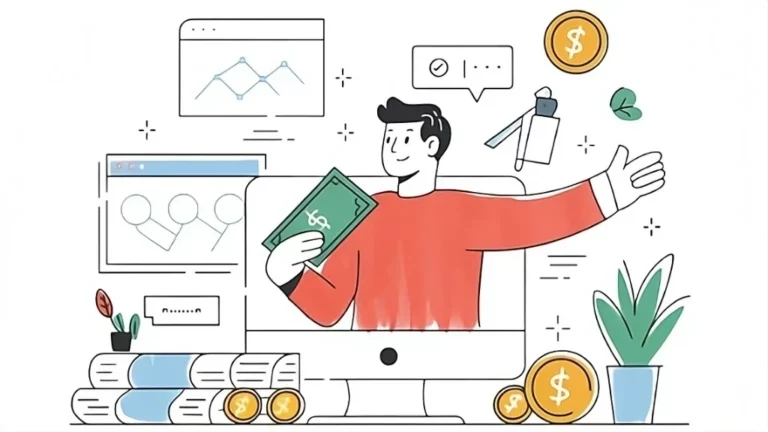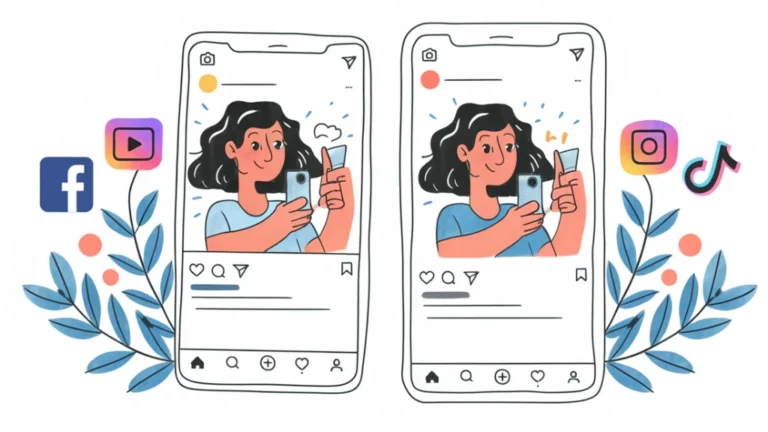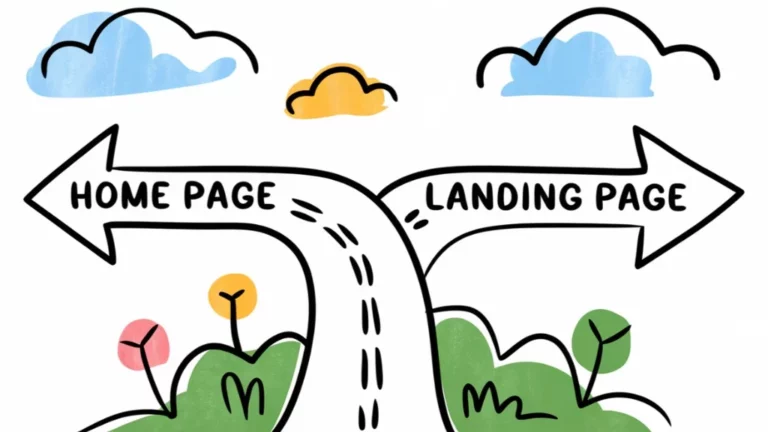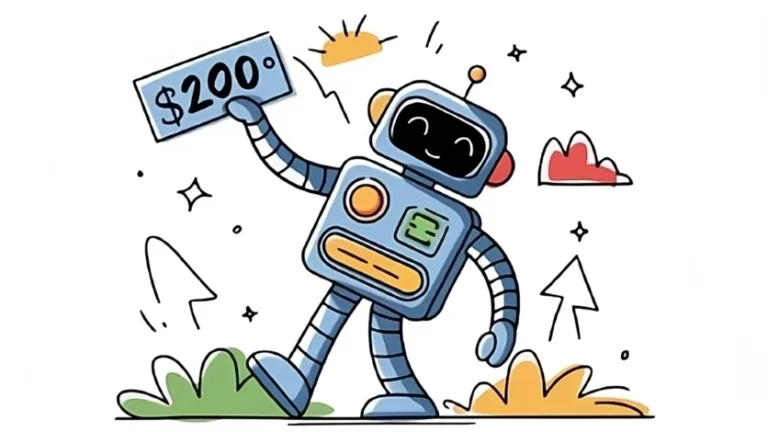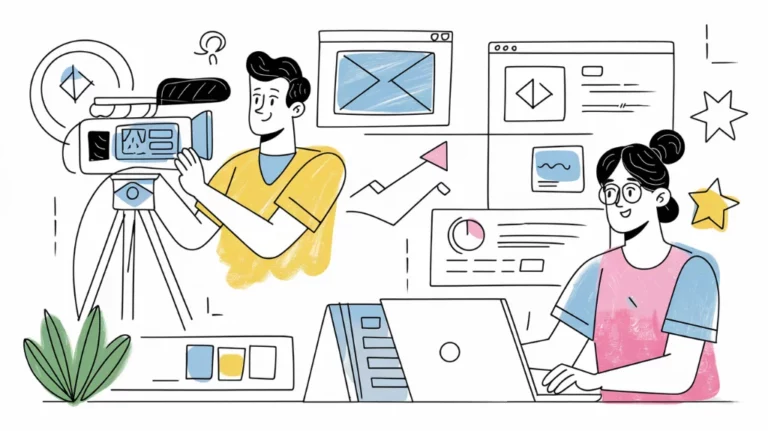Google’s dominance in the tech world is a topic that sparks both admiration and concern. The company’s impact is undeniable. Whether you’re using its products, debating its ethics, or watching it quietly shape the future of AI and technology. So, let’s talk about the reasons why Google might just end up winning at everything and what that means for us.
What Made Google the AI Powerhouse?
It all started with the transformer model for AI, developed by, you guessed it — Google. This innovation became the foundation for large language models (LLMs), revolutionizing AI. OpenAI might have stolen the spotlight by expanding on it with ChatGPT, but Google isn’t sitting idle.
Enter Gemini, Google's next-gen AI model. Reports show it’s catching up to OpenAI and Anthropic, even overtaking them on some performance leaderboards. The fact that Google created the very architecture these models are based on gives them a unique advantage—they know the terrain better than anyone else.
And let’s not forget Google's AI integrations. The company’s strategy involves weaving AI into its sprawling ecosystem, from Gmail auto-replies to YouTube recommendations. The AI isn’t just impressive; it’s ubiquitous.
Can Google Compete with Apple?
Apple’s iPhones dominate the market, but Google’s Pixel devices are quietly gaining ground. Why? Because they’re not just phones — they’re gateways. The Pixel introduces users to the Android ecosystem, one that’s increasingly polished and competitive.
It’s not just about phones, though. Google’s ecosystem extends to ChromeOS tablets and laptops, which now rival Windows and macOS. ChromeOS, built on Linux, supports Android apps, Windows apps, and is secure, battery-efficient, and crucially — free.
Then there’s hardware innovation. Google is developing its own ARM-based chips, aiming to compete with the likes of Intel, AMD, and Nvidia to topple Apple's M series chips. Could your next ChromeOS laptop compete with the MacBook? It’s a bold goal, but Google thrives on bold ideas.
Is Google’s Ecosystem Unbeatable?
Google's ecosystem is a juggernaut. Think about it... How often do you use these services?
- Google Search: The de facto gateway to the web.
- YouTube: The world's largest video platform.
- Google Maps: Your daily navigation savior.
- Gmail, Google Drive, Docs, and Analytics: The backbone of personal and professional productivity.
- Chrome Browser: A near-monopoly in web browsing.
These tools aren’t just convenient; they’re indispensable. And the best part? Most of them are free, funded by Google Ads — a system we love to hate, but which democratized access to digital tools, like web based services and phone apps. A massive revolution, and benefit to all, that gets no credit.
Is Google Too Big to Trust?
Of course, Google’s vastness comes with its share of controversies. From monopolizing markets to tax avoidance, search result manipulation, and overcharging ad buyers, the company has faced more than its fair share of antitrust lawsuits. Yet, these often end in minimal penalties, a slap on the wrist for a tech titan.
Google’s insatiable appetite for data also raises eyebrows. It knows more about you than you might know about yourself. Creepy? Yes. Convenient? Also yes.
As Iggy Pop croons in Living on the Edge of the Night:
"So I take a little bad with the good
It ain't just black and white."
And that’s the way I see this paradox that is Google. It’s a force of nature. It’s the ground from which the internet or things flourished. For some fertile. For some barren. Bur, such is nature.
What Does the Future Hold?
Imagine this: You’re using a Google Pixel phone, a ChromeOS-powered laptop, and all their online services like YouTube, Maps, Gmail, and Drive. Every aspect of this ecosystem is infused with AI, streamlining your life, running your business, and even managing your social connections.
On the flip side, this could lead to what some call the "dead internet theory," where tasks are automated, and human involvement fades. Is that dystopian? Maybe. But honestly, I’d rather let AI run my calendar while I’m at the beach, learning to surf.
So, Will Google Win?
The answer seems to be a resounding yes. Its innovations, ecosystem, and AI dominance position it as a leader in virtually every tech arena. But whether that’s a win for humanity is up for debate.
Until then, we’ll keep benefiting from Google’s tools, grumbling about its data practices, and marveling at its innovations. And if you need me? I’ll be on the basketball court, while Google’s AI gives a TED talk on my behalf to an audience of bots.
